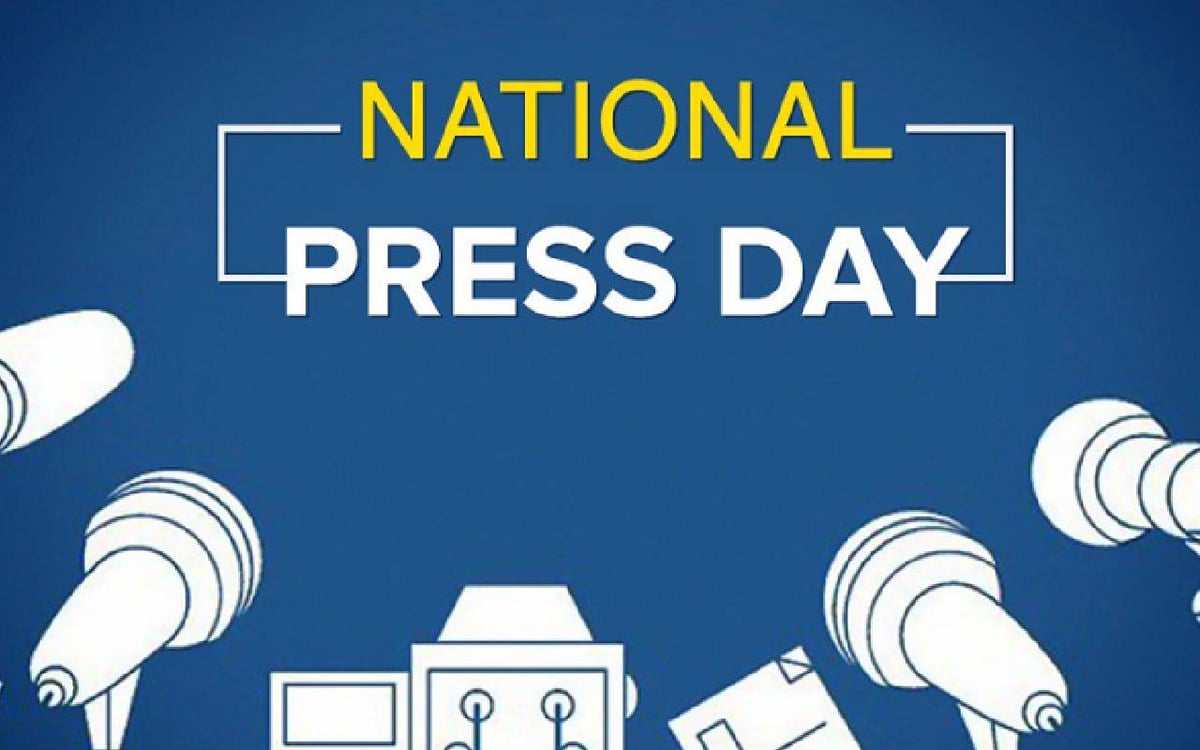National Press Day 2023: A free and independent press is one of the four pillars of a strong democracy. National Press Day is celebrated every year on 16 November to highlight the importance of a free and independent press in India. The Press Council of India is an independent working organization. Press Day is also celebrated to honor its contribution in making India a democracy.
While media acts as one of the pillars of a democratic nation, journalists working in various media houses (print and broadcast) act as mirrors whose reports and stories provide the complete truth to various aspects of the society. Shows together. The day of 16 November reflects the freedom of the press, duties and responsibilities towards the citizens.
National Press Day 2023: History
In November 1954, the First Press Commission envisioned setting up a committee or body with statutory authority to control and properly maintain the ethics of journalism. Furthermore, the Commission felt that there was a need for a proper management body to maintain proper relations with all press bodies and deal with the issues faced by the press.
Thus, ten years later, in November 1966, the importance of press freedom monitoring and reporting the proper functioning of the Indian media and press
The free press is often called the voice of the voiceless, the link between the all-powerful rulers and the oppressed. It brings out the ills and maladies of the system and helps the government find solutions to these in the process of strengthening the values of the democratic system of governance. No wonder why it is called one of the four pillars of a strong democracy, and the only one where ordinary people participate directly.
Freedom of the press is paramount
Freedom of the press is of paramount importance, as it helps bridge the gap between the rulers (government) and the ruled (citizens). Furthermore, it helps in identifying the flaws in the system and comes up with possible solutions to the prevalent issues, thereby justifying the title of the ‘fourth pillar of democracy’.
What are some of the major challenges facing the Indian media?
Indian media faces many challenges, and in recent years, these challenges have had a huge impact on the proper regulation of news. Issues like lack of transparency, taking bribes by the rich, dominant political influence, death threats against media workers and direct influence from major political parties are some of the challenges faced by the Indian media. These challenges raise questions on the very existence of the press and thus it is a major threat to the democratic structure of the country.
What is the Right to Information (RTI) Act 2005?
The RTI or Right to Information Act 2005 states that any citizen of India has the right to request information from any body of the government, and that body has a time limit of thirty days to respond to that request. Additionally, when dealing with matters related to life and liberty, the government body has to respond within a time limit of 48 hours. Finally, the Act also says that these government bodies have to keep computerized records of this information, and make them available to the public so that any citizen can access them with maximum ease. Therefore, RTI is a very important part of IAS preparation.

